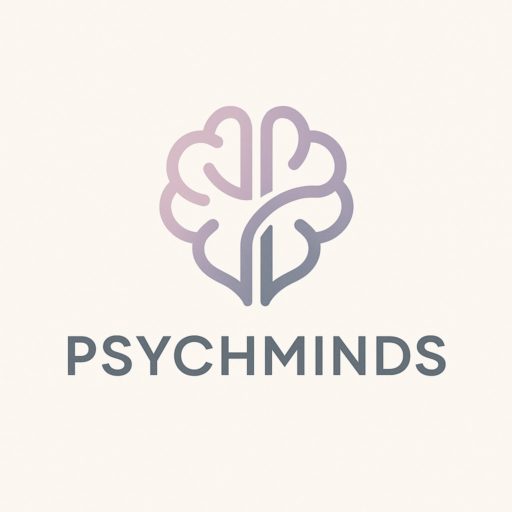Orthorexia Nervosa, although not yet recognised as an official diagnosis, is as serious a health concern as any other mental health disorder. It is defined as a fixation on “clean” or “healthy” eating to the extent that it negatively impacts both mental and physical health. Being mindful of what we eat is one thing, but with Orthorexia Nervosa, the obsession with only eating “healthy” food starts to take over their daily life, making it harder to cope with eating anything else not considered “clean”.
With Orthorexia Nervosa, “clean” and “healthy” food usually refers to foods seen as free from anything considered harmful to their health – like pesticides, artificial flavourings, preservatives, processed ingredients, or added sugar. But their reasoning for eliminating food from their diet is not necessarily about what their body needs nutritionally. Instead, it’s based on personal beliefs about what is ‘safe’ to eat. Over time, these self-imposed rules around food can start to take over their daily life. Thoughts about food become constant, and breaking a rule – like eating something “unhealthy”, e.g., chocolate – can cause anxiety, guilt, and a sense of failure. A person’s self-worth can become deeply tied to how well they stick to their eating rules. Research has shown that the restrictive behaviours associated with Orthorexia can be a way to cope with deeper emotinal distress or to achieve a sense of control when other areas of life feel overwhelming.
The Impacts on the Body
- Malnutrition
- Hormonal imbalances (e.g., irregular or no menstrual cycle)
- Anemia
- Weight loss
- Osteoporosis
- Weakened immune system
- Fatigue
- Digestive problems
- Hair loss or thinning, and brittle nails
Social Impacts
- Avoiding social events involving food
- Feeling isolated, excluded, and lonely
- Increased stress
- Strained relationships due to rigid eating rules
- Work and academic performance can be negatively affected
- Lowered quality of life
Certain individuals who are more at risk of developing Orthorexia Nervosa. These include people with perfectionist traits, a history of eating disorders, athletes, fitness influencers, people with chronic illnesses, and anyone heavily influenced by diet culture or wellness trends. For some, the condition is closely linked to health anxiety- fear about getting sick, becoming worse, or staying healthy – with orthorexia possibly feeling like a way to gain control over their health. Similarly, people with a prior history of eating disorders may shift their focus from weight, body image, and food quantity to a fixation on quality and eating only “healthy” foods. Even though the focus changes, the core tendencies of anxiety, need for control, and rigid food rules typically persist.
Social media can also play a big role in reinforcing orthorexic behaviour and thoughts, especially if individuals have constant exposure to ‘clean eating’ trends, unrealistic wellness standards, and nutritional misinformation that creates fear or guilt around eating certain foods. With the rise of social media, it’s easier than ever for anyone to post about food and nutrition – often without proper knowledge or qualifications. While some creators have good intentions, many unknowingly share misleading information that can be harmful, especially to those vulnerable to disordered eating habits.
As it is not yet recognised by the Disorder Statistical Manual (5th) or the International Classification of Diseases (11th), there are no formal, standardised treatments specifically designed for treating Orthorexia Nervosa. However, that doesn’t mean no treatment is available. Studies have shown that many people have benefited from being followed by a team consisting of a doctor, psychologist, and dietician who can help with both the physical and mental aspects of the condition. Recovery will involve helping reshape a persons’ understanding of food and moving away from labels like “clean” and “unhealthy”, to encourage more balanced and flexible eating habits.
When to Seek Help and Where
If you find your thoughts about food are causing stress, anxiety, or disrupting your daily life, and you no longer take joy in eating, you are not alone – and you don’t have to manage it on your own either. Reaching out to a doctor, psychologist, or dietician can be a helpful first step towards rewriting your relationship with food. And if you notice these signs in someone close to you, consider checking in with them – sometimes a simple “How are you doing?” can help them feel seen and encourage them to seek support.
You can reach out to:
- UK: Beat Eating Disorders – https://www.beateatingdisorders.org.uk/
- Global: National Eating Disorders Association (NEDA) – https://www.nationaleatingdisorders.org/
